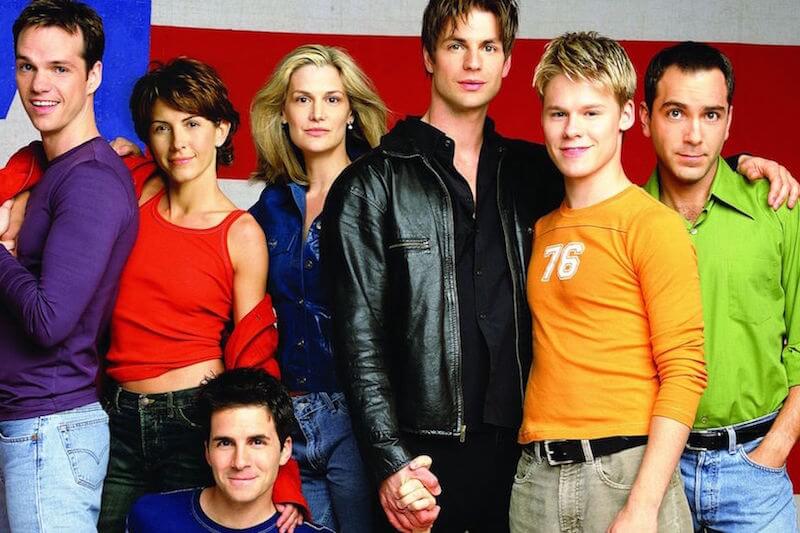
In 2003, Queer Eye for the Straight Guy, a reality TV show where gay men give straight men a makeover, became a huge hit too. In 1999, the TV show Queer as Folk aired in the UK and portrayed the everyday life of gay men-the American version was a hit across the pond the following year. In 1991, Queer Theory-a subset of gender and culture studies-made its academic debut. GenderPAC founder Riki Anne Wilchins defined the term in a transgender newsletter in spring 1995: “It’s about all of us who are genderqueer: diesel dykes and stone butches, leatherqueens and radical fairies, nelly fags, crossdressers, intersexed, transsexuals…and those of us whose gender expressions are so complex they haven’t even been named yet.”

Later in the 1990s, those not only with alternative sexual orientations but also alternative gender orientations began to refer to themselves as genderqueer. The queer movement was especially focused on rejecting the so-called assimilationist stances of many white folks in the gay community, criticized for their desire to be fully included in mainstream institutions like the army and marriage. Queer was seen as a way to refer to gays and lesbians without being gender-essentialist or causing divisions within the community. In 1990, this effort focused on queer as a collective term for gay and lesbian people.

In the late 1980s, writers, scholars, and activists in the LGBT community began advocating for a re-appropriation of the word queer. One example comes from a letter written in 1894 from the Marquess of Queensberry to his son, Lord Alfred Douglas, in which he insults Lord Roseberry, the presumed lover of his late son Francis, as a “snob queer.” The Marquess’s homophobia ultimately led to the prosecution and imprisonment of Oscar Wilde, as well.Įarly on, queer was being used as a modifier as well, seen in a 1914 Los Angeles Times article that described a club as where “the ‘queer’ people have a good time.” Queer is recorded in Scottish in the 16 th century, when it meant “strange” or “eccentric,” possibly related to the German quer (“perverse” or “odd”).Īt least by the late 1800s, queer was deployed as a derogatory term for an effeminate or gay men.


 0 kommentar(er)
0 kommentar(er)
